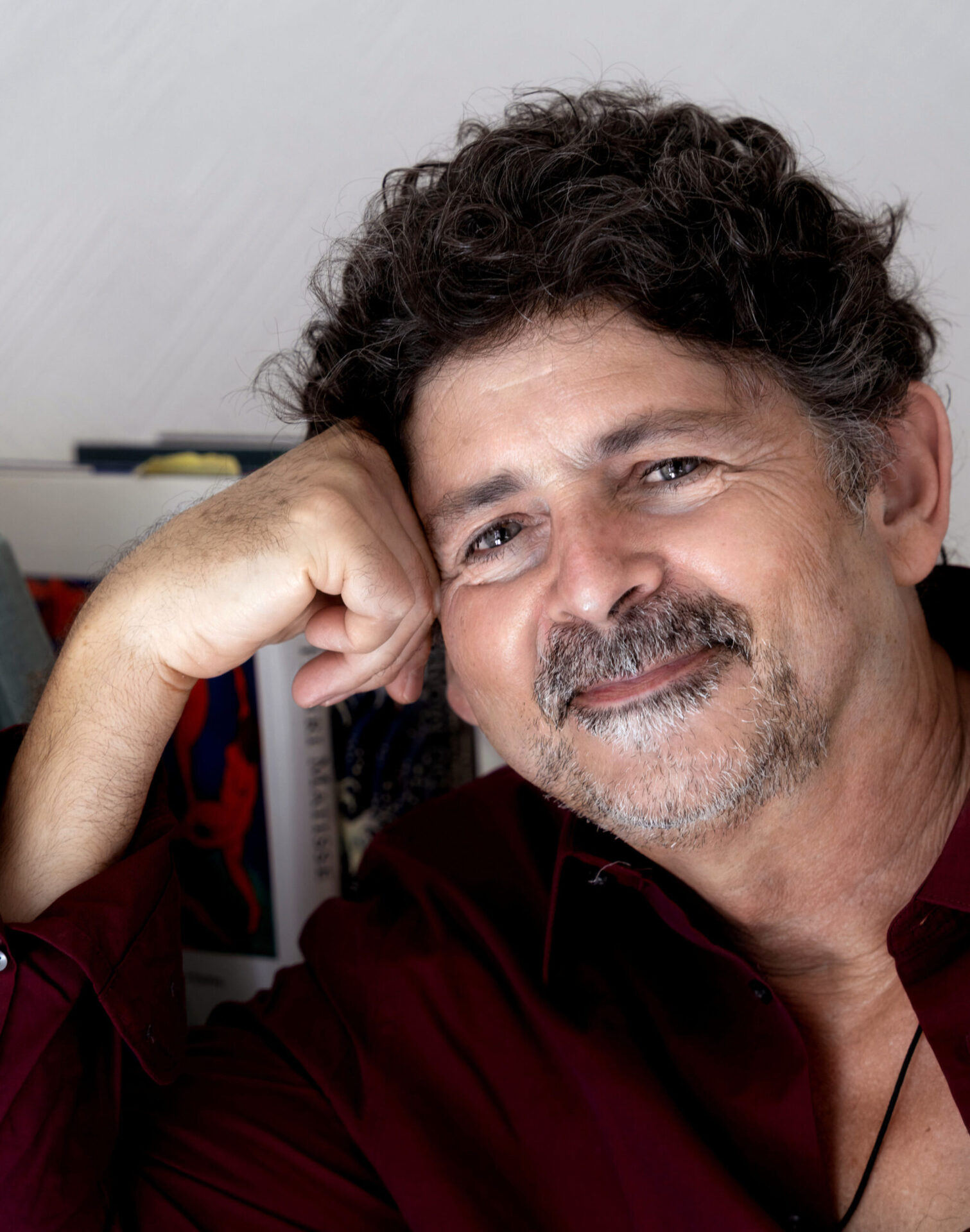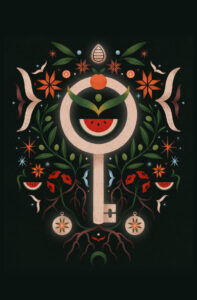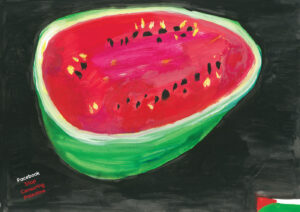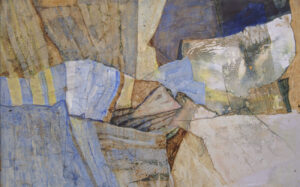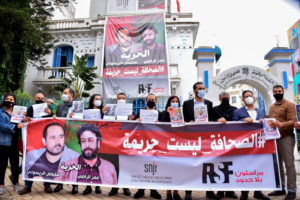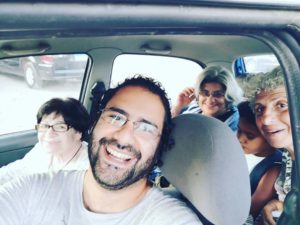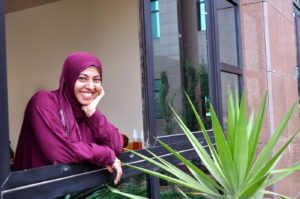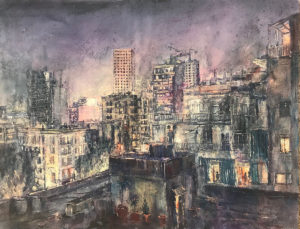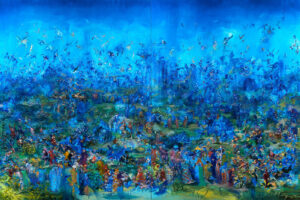Free speech for the Middle East and North Africa — voices from across the center of the world — is what we fight for. We’re here to welcome writers and artists from the region and our diasporas, to give them a platform. It’s our daily focus to encourage creativity and free expression — to see criticism, ideas and freedom of information celebrated, without the danger of the secret police knocking on our doors, or being shut down by those who dislike what we publish.
We live to see people like Alaa Abd El Fattah and Narges Mohammadi liberated from their Egyptian and Iranian prisons; to see the Israeli army sniper who assassinated Palestinian American journalist Shireen Abu Akleh, along with his IDF handlers, brought to justice; to see the Saudi elite who killed Jamal Khashoggi pay for their crime; to watch as war criminals are prosecuted in court for the cold-blooded murder of journalists, poets and writers, whether in Gaza or elsewhere; and to see the mainstream media of the United States, the UK and European countries freely discuss human rights for Palestinians, and resolutely call for international law to be respected and upheld by all nations.
But we live in a world that Orwell predicted decades ago, one in which government is like a Big Brother watching over us all. And we shouldn’t kid ourselves, social media giants work with government hand in glove. There is capitalism and imperialism, there is a world order, and it is not in sync with the United Nations or the United States Constitution. The threat of gatekeeping and censorship remains a grave threat to freedom everywhere.
Who in fact controls the flow of information — what news, which facts, whose ideas get seen and discussed? Who gets published, who gets reviewed? Who are today’s gatekeepers?
In this issue of The Markaz Review, constitutional lawyer Stephen Rohde warns that we should be most wary of government gatekeeping, which can and has thrown people in jail for speaking freely, which bans books and pressures universities to fire faculty and administrators whose politics they dislike. Scholar Omar Zahzah does a deep dive into the censorious policies of the rebranded Facebook, or Meta, which limits pro-Palestinian, anti-Zionist speech. In his review of Egypt under El-Sisi: A Nation on the Edge, Elias Feroz discusses Egypt’s gatekeeper in terms of both domestic and foreign policy.
Looking at the alternative voices of writers who do not necessarily fit the publishing world’s idea of what constitutes acceptable writing and ideas, writers Nektaria Anastasiadou, Ammiel Alcalay and Maha Al Aswad report from the trenches. From Lebanon, Joumana Haddad observes that when religious fanatics in Lebanon aren’t fighting one another, they make the best war comrades against modernity, secularism, and freedom of expression.
As well, our literary editor Malu Halasa has selected two short stories, from Farah Ahamed and Ali Ramthan Hussein, that alarm and surprise us, and perhaps make us rethink what we take for granted. She has also assembled an intriguing slide show for this month’s Featured Artists rubric, which looks at refugee camps, control, and dispossessed lives by artists Heba Tannous, Mahmoud Alhaj, Tayseer Barakat, Alaa Albaba, and photographer Iason Athnasiadis.
We realize that The Markaz Review is itself a gatekeeper, and that we do not accept everything that is submitted to us, but we can state without hesitation that when something gets rejected it is not a matter of the ideas or the content, but of the quality of the writing and the clarity of ideas expressed. At the end of the day, the only gatekeeper we answer to is you, the reader.
—Jordan Elgrably




